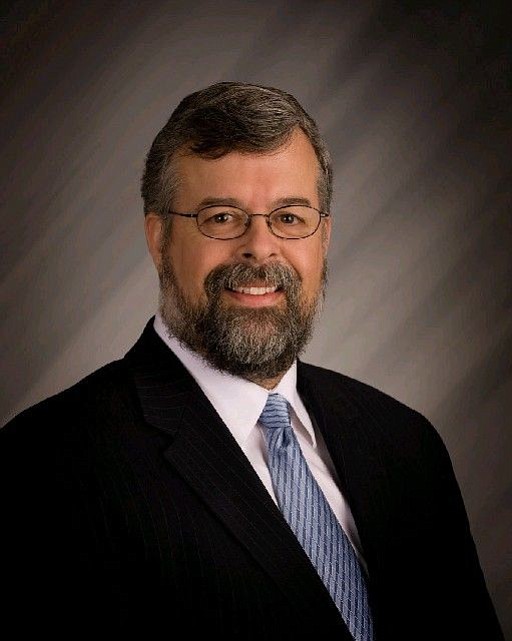In the short run, invest overseas.
In the long run, live below your means.
Those are just two of the many pieces of advice international analyst and economist Alan Beaulieu gave to business leaders Wednesday as part of the Columbia River Economic Development Council’s first-quarter event.
At the lunchtime gathering, Beaulieu, principal of the Institute for Trend Research in Boscawen, N.H., rapidly moved through his presentation, “The Future is Your Decision,” touching on the U.S. and global economies, and suggesting strategies for managing economic ups and downs.
If you’re an exporter, you’re in a good position, Beaulieu said. If you’re not, find an exporter to do business with.
That’s because, as manufacturing rises in the U.S. and other countries buy our goods, Washington, the most trade-dependent state in the U.S., and Oregon, whose largest trade partner is China, are especially well-positioned to grow.
Beaulieu said United Grain Corp.’s Port of Vancouver terminal is an example of a broader global trend: emerging countries are gobbling up U.S. exports. Spurred by demand in Asia, United Grain plans to spend $72 million to expand its grain handling operations, resulting in an additional 2 million tons of grain moving through the port, nearly doubling current grain exports.
Beaulieu painted a relatively bright picture of the U.S. economy in the short-term, noting that we’re creating jobs, corporate profits are up — which means no mass layoffs are on the horizon — and more consumers are making purchases again.
He said U.S. banks have capital reserves of $4 trillion. To put things in perspective, Beaulieu said, there are only 17 nations in the world whose gross domestic product exceed $1 trillion. There’s “a lot of economic power” stored up in the U.S. “that can be put into the economy,” Beaulieu said.
However, the long-term outlook isn’t so sunny, he said. Clouding the future are inflation and the national debt.
Despite the Federal Reserve’s argument that it can control inflation, Beaulieu said, inflation is already here in the form of rising oil and food prices, and the rising cost of raw materials. “We are importing inflation into this country,” Beaulieu said, adding that the Federal Reserve’s insistence on pumping billions into the economy doesn’t help, either.
When the Fed is forced to correct the resulting asset bubble by decreasing the nation’s money supply and increasing interest rates, Beaulieu said, it could easily go too far and throw the U.S. economy into another recession in 2014.
That inflation is coming is all the more reason for businesses to buy at low prices now, adding the capital equipment, real estate and employees they’ll need to be successful in the months and years ahead, Beaulieu said. And as the price of food and gas rises, people who are living paycheck to paycheck won’t be happy workers, Beaulieu said. That will negatively affect a company’s productivity and its customers.
Companies should be prepared to increase their workers’ pay above the cost of inflation to alleviate the problem of unhappy employees, Beaulieu said. Businesses should also be prepared to raise their prices. “It’s not bad to be a leader in raising prices,” he said.
In the much longer-term, Beaulieu said, the gravest threat to the U.S. economy is the national debt and the deficit spending that goes with it. “It’s not like our backs are up against the wall,” he said. However, if the U.S. doesn’t take certain steps within the next 20 years, such as raising the retirement age, decreasing some benefits and increasing taxes, there could be a severe loss in the value of the dollar, leading to a Great Depression in the 2030s.
Beaulieu said the country’s debt problems, if left to fester, will hit people who are in their 30s and 40s today the hardest. That’s why older generations, including Baby Boomers, must make sacrifices now to solve the country’s financial problems, Beaulieu said, while helping teach younger workers the value of managing their finances through economic cycles.
By 2028, don’t owe anything to anyone, Beaulieu told his audience. Try to generate multiple streams of cash, like owning a rental property, he said, and “live below your means.”




